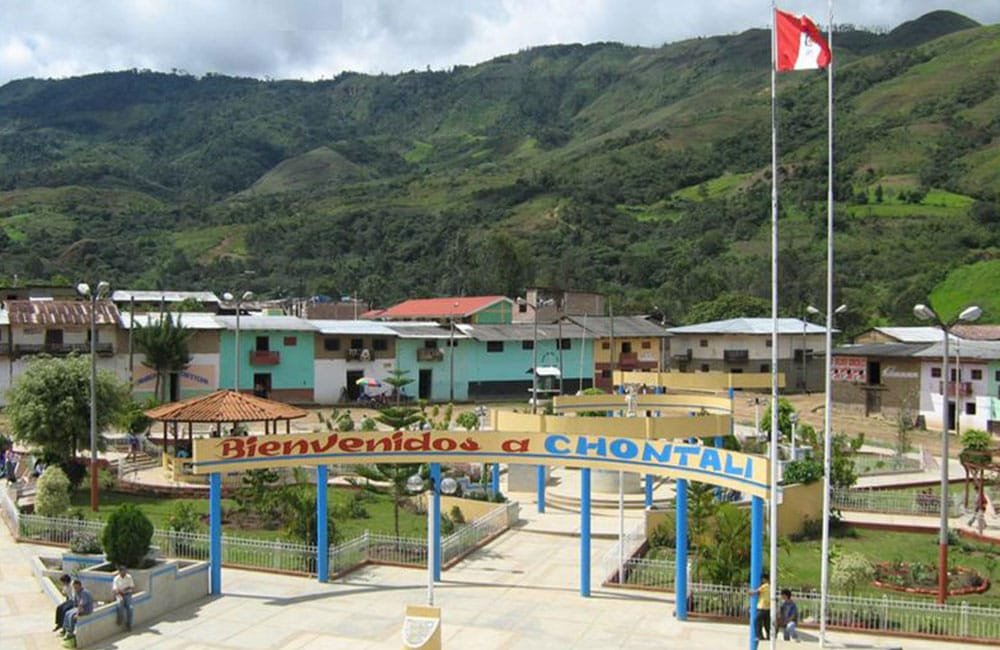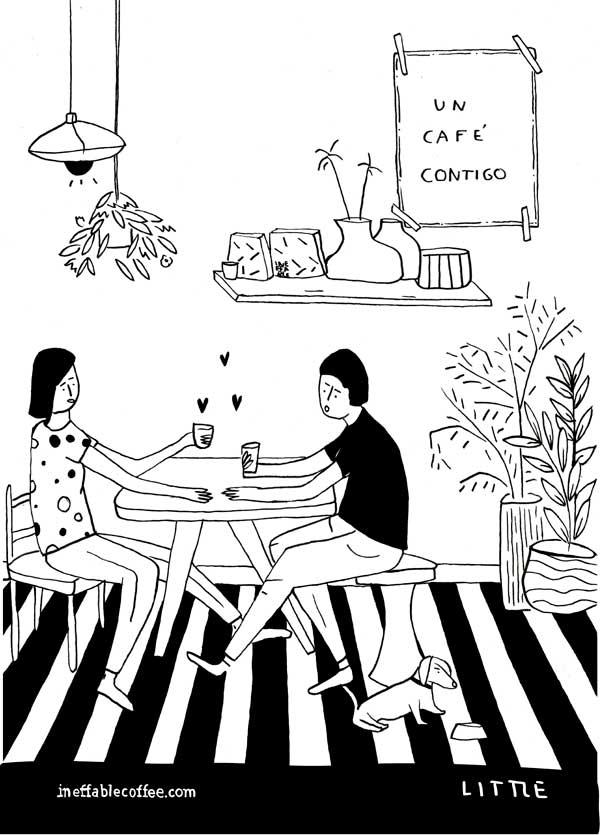Espresso
Chocolate, orange, orange blossom
| Cajamarca | |
| 1,700 – 2,000 masl. | |
| Caturra, Catimor, Typica | |
| Washed | |
| Small producers |
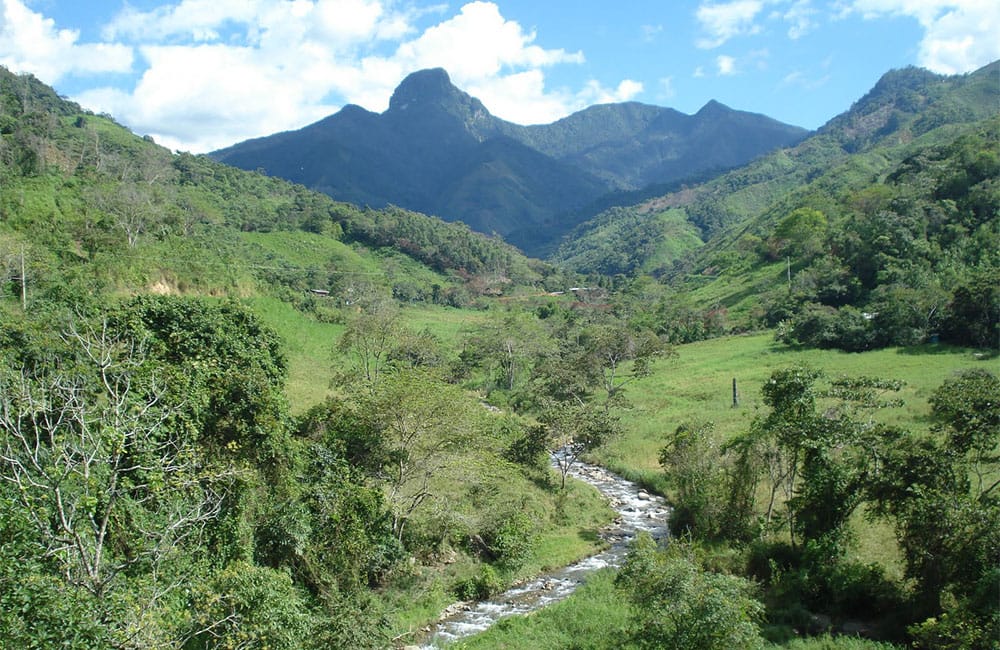
Estela de Chontalí is a small town in the Chontali district, which is located in the northern part of the Jaén province, Cajamarca department, in Peru.
This town is named after a rectangular stone in the shape of a tabloid that was found in 1984 on a farm on Mount Corcovado and which has engraved inscriptions from the Chavín or Huantar culture, one of the oldest on the continent.
Unfortunately, due to erosion, the scene illustrated in this stone cannot be fully interpreted. Feline forms, typical of this culture, can be discerned, but we like to think that it is related to a scene about coffee cultivation.
Although historically this may not be the case, since coffee cultivation arrived in Peru much later, given the optimal conditions of Estela de Chontalí for growing coffee and its quality, we cannot help but think that perhaps the scene represents a premonition of an ancient people.
The geography of the Estela de Chontalí
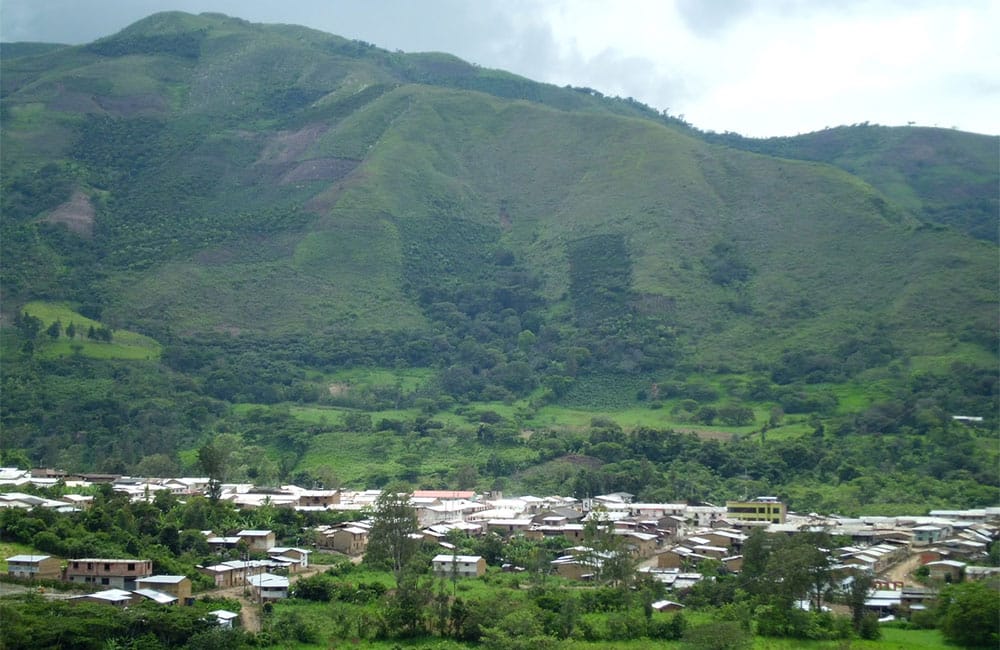
The geographical situation of Estela de Chontalí is rugged, highlighting the Páramo mountain range located to the west of the district and a mountain chain of natural forests on the west side, joining the places of Chorro Blanco, Peña Blanca, Paramillo, El Queso and Monte Corcovado.
Chontalí is located in the enclave of the valley of the Huayllabamba or Chuchoca river.
As we cross this valley, we will pass through the Chontalí jungle, which is a mix of the last remaining thick forests and agricultural landscapes with high mountain peaks that stretch throughout the horizon.
After approximately 3.5 hours of travel, we will arrive at the Chunchuco Valley, where the impressive Mount Corcovado looms.
In this mountain, where the town of Estela de Chontalí is located, at about 1,800 meters, we find ideal conditions for growing coffee: high altitudes and cool temperatures.
Estela de Chontalí is a community coffee
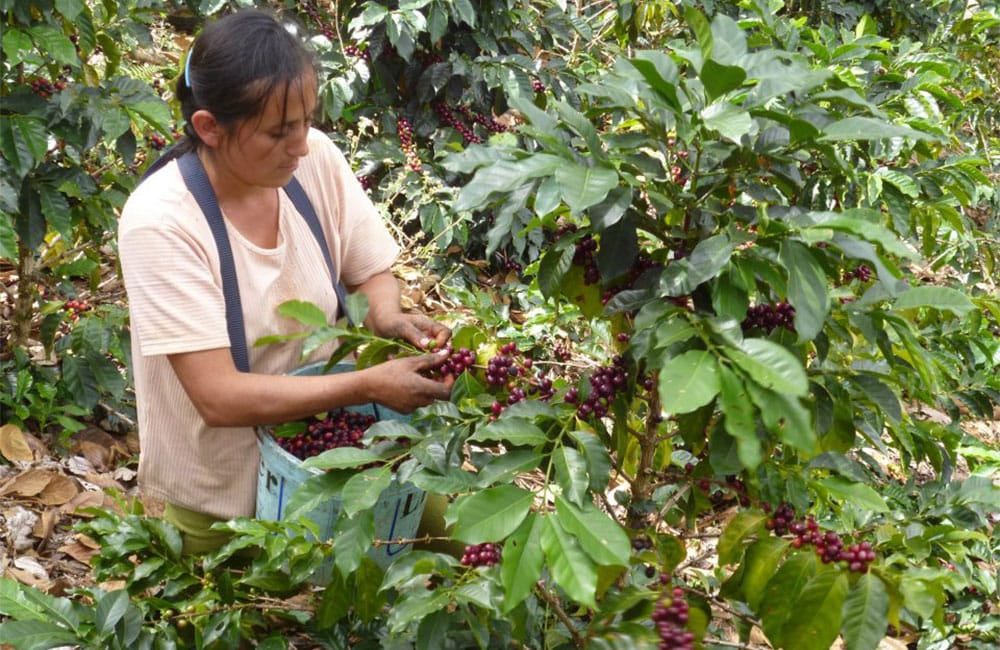
Estela de Chontalí is a community coffee obtained from a small group of farmers.
The producer families of this valley own small coffee farms of approximately 1.5 hectares of size.
Most of these producers raise livestock and plant passion fruit to generate additional sources of income.
Farmers in the Chunchuco Valley produce an incredibly sweet coffee with a medium, or round body, and bright, lively lime and apple acidity.

Cherries are always hand-picked and at their optimum point of maturity before being transferred to the washing station where the batches are classified and processed separately.
It is an Arabica coffee of the Caturra, Catimor and Typica varieties that is grown on small farms between 1,700 and 2,000 meters high.
The climate is cool and humid and has a washing process that highlights the potential of each grain.

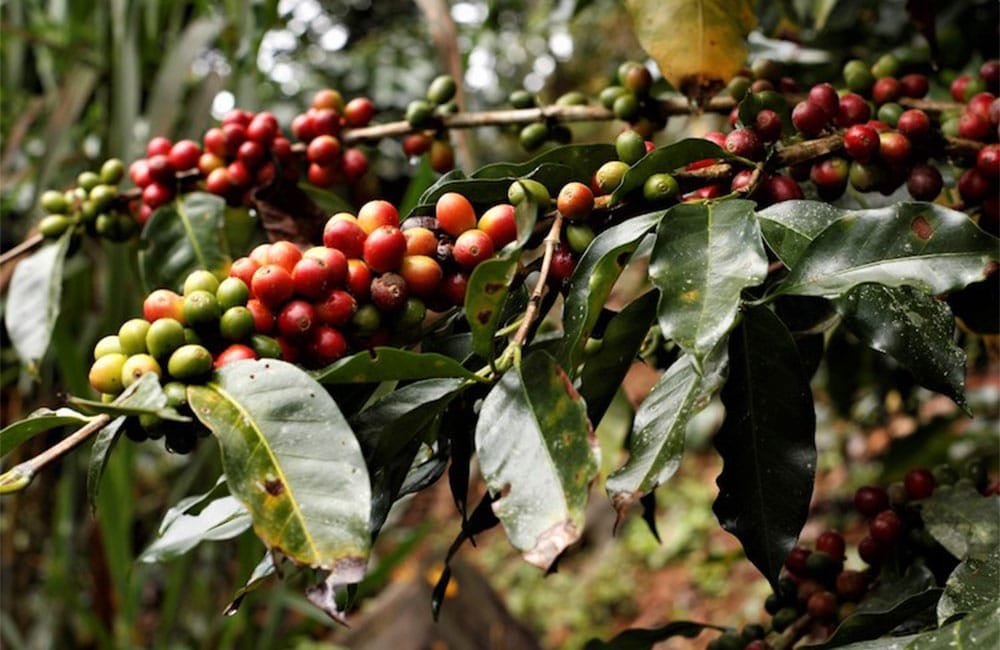
Jaén: the specialty coffee Hub

Jaén is a small town and the hub of the coffee trade in Cajamarca, Peru.
It has all the characteristics of a tropical merchant hub; it is hot, humid, always busy, noisy and full of hustlers.
From the city of Jaén, you can travel to the beautiful Chunchuco Valley to visit the farmers.
Jaén is an important enclave for the specialty coffee and direct contact and fair trade with the producers.

At Ineffable Coffee we ensure that all our coffees meet the criteria of what specialty coffee means to us.
This criterion is not governed only by the organoleptic qualities of a coffee, but also includes traceability, sustainable agriculture and a fair dealing with the farmers.
This is the only way we understand we can and should develop our passion for coffee in a way that is sustainable for them, for us and also for you.

